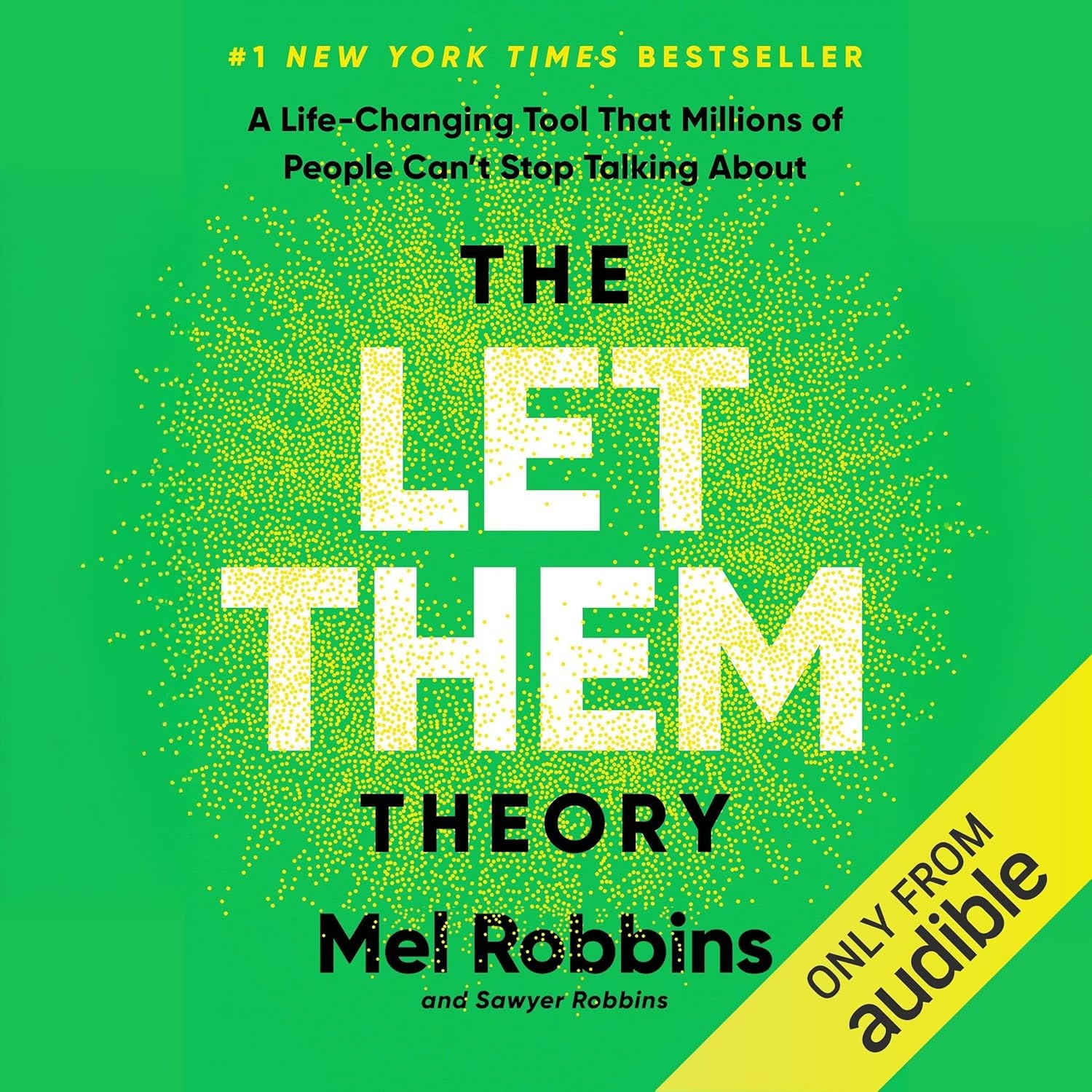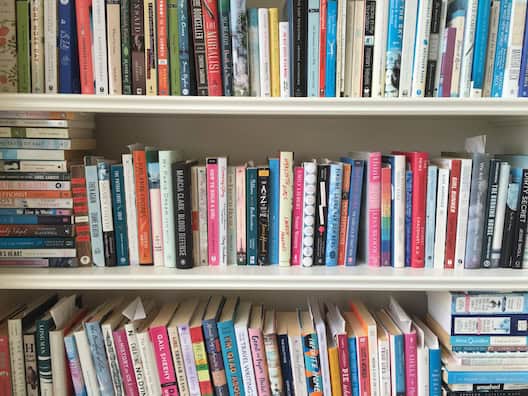![]() I was really moved by your book. Since it’s based loosely on your mother’s life, why did you decide to write it as fiction rather than as a memoir?
I was really moved by your book. Since it’s based loosely on your mother’s life, why did you decide to write it as fiction rather than as a memoir?
If I’d written it as memoir, I would have had to imagine my mother’s life anyway, or told her life from my point of view. This way, I could instead imagine myself as her and fictionalize the plot. It also allowed a bit of distance.
You start Shoko’s story with, “I had always been a disobedient girl,” and Sue’s story with, “I had always been an obedient girl.” Was that true for you and your mother? How were you two similar – or different — to those characters?
Probably it’s true to a degree. I think I was raised to be fairly passive, and every time I asserted myself it was met with such quashing that I only rebelled secretly. I don’t know how disobedient my mother was, but in her younger life she certainly seemed to be an independent woman. She didn’t marry until she was 26 and worked prior to that.
This is, at its core, a universal story about mothers and daughters to which we can all relate. What was the relationship like between you and your mother?
It was complicated, competitive, and adversarial for the most part, from when I was quite young. But when I was older, it smoothed out. Then of course, it was truncated because she passed away when I was 20.
Your details are so vivid, I felt like I learned a great deal about the culture in which your mother was raised, and how different it was from ours. How did those differences affect you when you were growing up? Did you ever wish your mother was just a “regular” American mother?
No, I didn’t. I got more accolades for having a different mother. Everyone thought it was incredibly fascinating that my mother was from Japan but she could still make the best pizza they’d ever had.
It’s fascinating that a book like “How to Be an American Housewife” actually existed, and that women really used it as a guide. What did you learn about that, and how did your mother use the book?
My mother had been a housekeeper for various military officers, so she already knew how to keep house. My dad got the book for her because he thought it was intended as some sort of cultural guidebook for housewives, which it was not. My mother didn’t need it, but I understand they did use the meatloaf recipe.
Ronin was such a stand-out character but is forbidden to Shoko because he is an “Eta,” a term I had never heard before. Can you explain a little about the Untouchables and whether that caste system still exists today, and what your mother may have told you about it?
My mother never mentioned it. I read something about the caste system while I was doing other research about Japan, and thought it was interesting, so I invented an Eta character. I didn’t want to present Japan as this wholly lovely place, and this sort of provides a parallel to America’s feelings toward the Japanese.
The Eta were basically people who dealt with animals, like leather tanners, and considered unclean even if people used their products. The official recognition was banned a number of years ago, but I understand even today, when some people marry, they look into the prospect’s background to make sure there is no Eta blood.
What did you think of the fact that your grandfather actually picked your mother’s husband – your father! – from a bunch of photos? Did that color the way you viewed marriage? How did your parents react to your own boyfriends?
No, it didn’t bother me at all. I never thought anyone would pick someone for me. My parents did not influence me about boyfriends.
Have you been to Japan? Does your mother still have family back there?
I went when I was three, to see my grandfather before he died. I remember seeing him and doing certain things, like going to see Mt. Aso-san. My mother does still have all her family back there and I would like to visit.
What surprising things did you learn either personally or historically while researching the book?
The caste system was surprising. My parents didn’t offer a Japanese history course, nor did I take one in school, so I didn’t know about it.
Personally, what was surprising came when I was writing it and looking at the theme that introduced itself. If you look at it one way, it could be an incredibly depressing novel, but it comes out rather hopeful. So I guess it helped me see things in my own life differently. I tend to be a bit of a, well, not exactly chipper and optimistic person, so I think if I wrote that way I’d lend to my problems.
What was your dad’s reaction to the fact that you decided to write this book? What has he said about the book itself?
My dad tremendously enjoyed the novel. He said it’s very well-written and he liked the story.
You grew up in San Diego but live in Hawaii now. What’s that like? Has it inspired any new subjects for you to write about?
Hawaii is a lot different than San Diego. It’s inspired me to write a novel with ghosts in it, because there are ghosts on pretty much every corner in Hawaii. Ask someone who grew up on the islands for a ghost story and they’ll tell you.
How did you ever manage to write this book with three young children at home?!
I pretty much decided I was going to write it and just did it. Even if I had to work on it sporadically when I had a newborn, or give up Saturdays or evenings, I made small progress. You just have to do it and not give yourself excuses why not; if you NEED to write something, then you will. My husband is supportive and would take over with childcare. My other relatives helped, too. And not once did anyone say I was wasting my time.
We’re looking forward to your next book. What are you working on?
I’m working on a ghost story set in Hawaii and in Julian, California. It’s called The Cupcake Queen, and it’s about a cupcake baker whose dead husband is haunting her.
This post originally appeared on my former blog, StyleSubstanceSoul.




I can’t wait to read this book. It sounds wonderful and intriguing at the same time. I find Margaret to be inspiring both as a mother and writer. The Cupcake Queen sounds great as well. Eagerly waiting for that one…
I look forward to the opportunity to read your book but am extremely looking forward to The CupCake Queen! What a gift you have!
I lived in Japan for 5.5 years and was married to a Japanese man, so I’m eager to read this to see “the other side” of the cross-cultural marriage story.
Recently, I tutored a Japanese woman in ESL for a couple of years. As I got to know her family and became more like a friend, I decided it would be better for her English and more what I personally needed, for her to teach me some of the delicious Japanese dishes she makes. She and I read part of a book called — Being Japanese American: A JA Sourcebook for Nikkei, Hapa…$ Their Friends — in which I and sometimes both of us learned about the culture as it was — that has apparently changed quite a bit. I will check out this book to see if it something she and I want to read.
While I’m here, I see that RANDI NERVIG MADE A COMMENT IN 2010. I AM LOOKING FOR HER — I just found that she had been looking for me on Facebook in Nov. of 2010 — I now have formally signed up for Facebook, but cannot find her. DOES ANYBODY KNOW WHERE SHE IS???